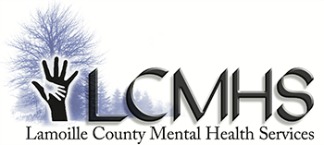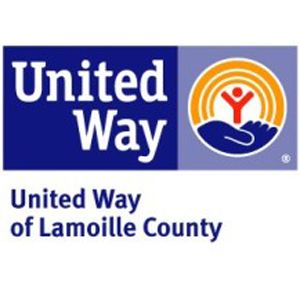Intensive Adult Mental Health Services
The LCMHS Intensive Adult Mental Health Services program (formerly Community Rehabilitation and Treatment) has provided a variety of services for consumers with specific and unique treatment needs for over 30 years.
Adults who request or are referred for Intensive Adult Mental Health Services will be reviewed for eligibility to determine the existence of a severe and persistent mental illness, complicating co-occurring disorders, services history, and the extent of significant impairment in the person’s overall functioning due to mental illness. The eligibility determination must be conducted by a qualified designated agency clinician. Designated agencies are responsible for determining clinical eligibility for Intensive Adult Mental Health Services.
Intensive Adult Mental Health Services include:
- Clinical assessment
- Emergency care and crisis stabilization
- Individual, group, and family therapy
- Medication evaluation, management and consultation with primary care
- Community supports
- Service planning and coordination
- Diagnosis of specific practices when called for in the clinical assessment, such as treatment for co-occurring disorders and Dialectical Behavioral Therapy
Some details on these services are below. Emergency care and crisis stabilization services are described in detail on the Emergency Care Services tab of this website.
Case Management
The Intensive Adult Mental Health Services case management at LCMHS have been constructed to allow for caseloads of between 18-25 consumers for each case manager. The manager is expected to provide consumer-centered services based on an Individual Plan of Care (IPC) generated by the consumer’s goals. The IPC serves as the guiding document for all staff working with the consumer. It is expected that the consumer will direct service planning and will provide LCMHS staff with a framework from which types and frequency of support services will be provided.
Supported Employment (SE)
Some key steps in developing a recovery plan are to establish stability in housing, treatment (with or without medication), community engagement and income. There may be a belief by some that mental health conditions prevent a person from employment and economic autonomy. However, research and the personal stories of people who have gained a foothold in recovery tell a different story. LCMHS offers an ‘evidence-based supported employment’ using Individual Placement and Support (IPS) which has been very successful. LCMHS has been given positive feedback on Individual Placement and Support from the leadership at the Department of Mental Health and the Department of Aging and Independent Living in the most recent Fidelity Report (January 2013). The agency’s Intensive Adult Mental Health Services program has regularly achieved employment rates at or near the top of all Designated Agencies’ Community Rehabilitation and Treatment employment rates.
Community Psycho-education Services (CPS)
Consumers in Intensive Adult Mental Health Services may receive medication supports through our Community Psycho-Educational Services (CPS) which is directed by a registered nurse. CPS provides education and support for Community Rehabilitation and Treatment consumers, and operates using an illness/recovery self-management model. CPS provides consultation to consumers on the medications they are prescribed and is available to assist consumers during office hours at our main office to discuss or obtain prescribed medication. As needed, CPS also oversees medication delivery to homes of consumers on an individually determined basis.
Individual, Group, and Family Therapy
The LCMHS Intensive Adult Mental Health Services program has a strong psychotherapy practice anchored by licensed mental health clinicians who provide services for both Intensive Adult Mental Health Services and Adult Outpatient. These providers offer group and individual therapy as needed. Our clinicians have specific training in a variety of areas including tobacco cessation, Dialectical Behavioral Therapy, and other methods to assist persons with mental health conditions. The Peer Wellness Center also provides a small array of group supports in a more informal environment.



